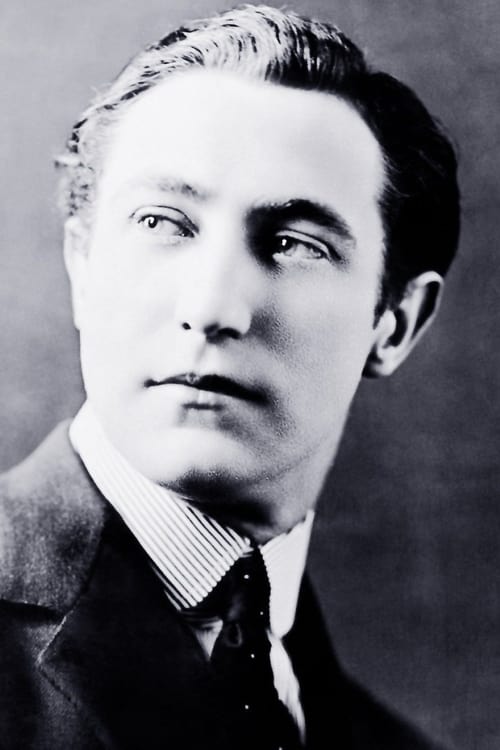
Lou Tellegen
Birth : 1881-11-26, Sint-Oedenrode, Noord-Brabant, Netherlands
Death : 1934-10-29
History
From Wikipedia, the free encyclopedia
Lou Tellegen (born Isidor Louis Bernard Edmon van Dommelen, November 26, 1881 – October 29, 1934) was a Dutch-born silent film and stage actor, film director and screenwriter.
Tellegen made his stage debut in Amsterdam in 1903, and over the next few years built a reputation to the point where he was invited to perform in Paris, eventually co-starring in several roles with Sarah Bernhardt, with whom he was involved romantically. In 1910, he made his motion picture debut alongside Bernhardt in La dame aux camélias, a silent film made in France.
In the summer of 1913, Tellegen went to London where he produced and starred in Oscar Wilde's play The Picture of Dorian Gray. Invited back to the United States, Tellegen worked in theatre and made his first American film in 1915, titled The Explorer, followed by The Unknown. Considered one of the best-looking actors on screen, he followed up with three straight films starring with Geraldine Farrar (his wife 1916-1923).
Tellegen married a total of four times. He became an American citizen in 1918.
Tellegen appeared in numerous films before his face was damaged in a fire on Christmas Day 1929, when he fell asleep while smoking. He had extensive plastic surgery in 1931.
Fame fading, employment not forthcoming, and ridden with debt, he filed for bankruptcy. He was diagnosed with cancer, though this information was kept from him, and he became despondent. In 1931, he wrote his autobiography Women Have Been Kind.
On October 29, 1934, while a guest in the Cudahy Mansion at 1844 North Vine Street in Hollywood (now the site of the Vine-Franklin underpass of the Hollywood Freeway), Tellegen locked himself in the bathroom, then shaved and powdered his face. Then, while standing in front of a full-length mirror, he committed suicide by stabbing himself with a pair of sewing scissors seven times. Tellegen was cremated and his remains scattered at sea.
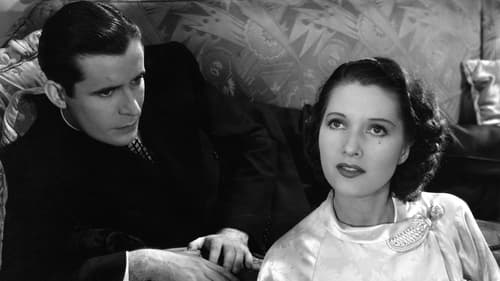
Bischofsky
A ham-handed cautionary fable against communism, the film concerns a group of Civil War veterans who are appalled by the burgeoning radical movement in America.

Eddie Swan
The Lady cop Florence Vinton goes undercover to get the goods on rival gangsters Eddie Swan and Larry Marsh. Just at the point in which Florence looks like she's going to be rubbed out, Swan and Marsh shoot each other down.

A sculptor dreams about his work coming to life and having various adventures.

Writer
A sculptor dreams about his work coming to life and having various adventures.

Director
A sculptor dreams about his work coming to life and having various adventures.
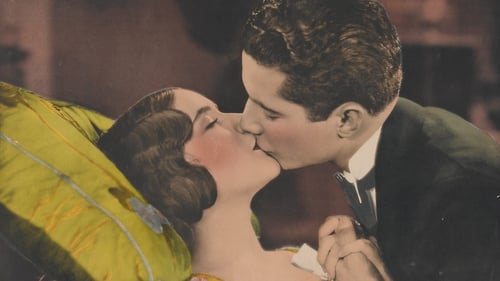
Director
No Other Woman

James Duxbury
James Duxbury (Lou Tellegen) is an exponent of polygamy, which may not be legal but certainly provides him with several evenings of entertainment. Professor Charles Orme (Matt Moore) falls in love with Duxbury's fourth wife Amy (Margaret Livingston). Things get dicey indeed as Orme tries to figure out whether Amy is still married to Duxbury or not -- in fact, Duxbury isn't sure either.

Prince Anton Balakrieff
To enliven their business, the O'Tooles, restaurant owners in Hoboken, New Jersey, transform their restaurant into the Russian Inn when they hear that a famous Russian princess is stranded in Chicago. Sheila, the daughter, is persuaded to impersonate the princess, who unfortunately arrives at the restaurant on opening night.

The Broker
Womanpower (1926)

Sheriff Layne Hunter
Three outlaws come to the aid of a young girl after her father is killed.
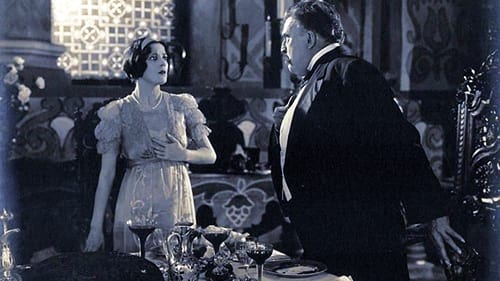
Egor Kaplan
Officer in the Imperial Russian Army, Petroff, is in love with Sonia, a schoolteacher who casts her lot with revolutionaries. During a time of suppression, she is exiled with her brother to Siberia. There Petroff is sent in the discharge of his official duties and secretly renews their romance. When the Bolsheviki overthrow the government, Sonia is freed and aids in the escape of Petroff, who incurs the enmity of Egor, the revolutionary leader, because he is a royalist. Together they escape across the frozen wastes in a sledge, pursued by wolves and Egor, who has used patriotism as a cloak to conceal personal ambitions.

Sir Francis Levison
This most famous of Victorian melodramas was more than half a century old, and had already been filmed several times when it came to the screen once again in 1925. Director Emmett J. Flynn had an all-star cast and kept close to the original story.
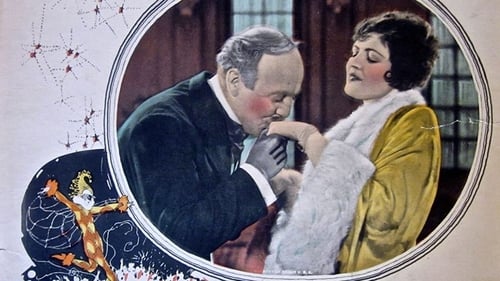
Jean
American sculptress Adele La Rue, working in Paris, lacks the inspiration to create a masterpiece, until Jean Ballard, a wild apache leader, takes refuge from the police in her apartment.
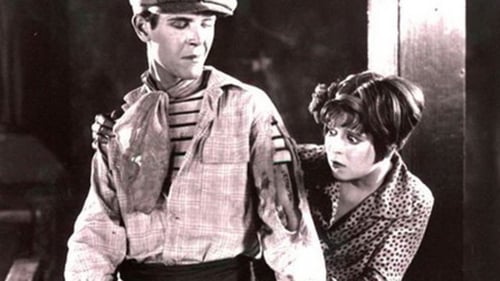
Pierre Marcel
Armand and Marie survive in the streets until charitable (and wealthy) scientist Pierre Marcel takes Armand in after a botched robbery. Marie, a fiery Apache, swears revenge on Marcel for taking her lover away from her.

John King
A young woman marries a rich young man. However, he doesn't trust her with money and won't let her have any of her own. Desperate, she turns to gambling and finally forgery. Complications ensue.
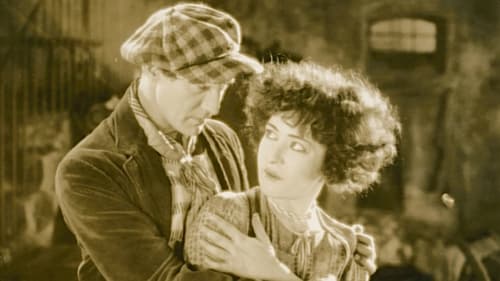
Lupin
Lupin is the lover of Joan of the Apaches. She is attracted by Paul de Gafilet, nobleman and sculptor. She visits him in his studio and resolves to abandon her underworld career for his sake. Lupin vows revenge but is frustrated by Joan. The latter's affection for Paul turns to rage when she sees him embracing another woman. Joan joins with her confederates to steal some jewels from a statue of the Madonna in a church. She learns that the woman she is jealous of is Paul's sister, attempts to halt the robbery but fails. Paul is injured by the thieves and Joan held captive.

John Masters
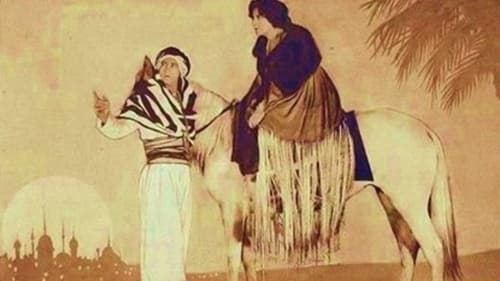
Sheik Essad
An Englishman goes undercover posing as an Egyptian sheik in order to infiltrate a conspiracy to throw off British rule. An English woman complicates things by falling in love with the sheik, unaware of his true identity.

Prince Michael Orbeliana
A Russian peasant girl rises to fame as an operatic diva. She becomes beloved of a Russian prince. When the 1917 revolution overthrows the czar's government, the pair attempts to cross the icy steppes and find their way to America.

Director
Just prior to America's declaration of war, Margaret Kenwood of the Kenwood Manufacturing Company determines that the plant should produce munitions to support the Allies. Rodney Sheridan, her sweetheart and a vice president of the company, remains unimpressed with Margaret's patriotism until he begins to suspect that the plant's president is involved with a group of German spies.

The Black Wolf
In the Spanish Mountains, the Black Wolf, a bandit, reigns at the head of his band, known as "The Charcoal Burners."

Maj Ralph Seton
Maj. Ralph Seton is a British army officer stationed in Cawnpore, India, when the Sepoy Rebellion--a mutiny of Indian soldiers in the Brtitish army in India--breaks out in 1857. He receives the prestigious Victoria Cross--the highest decoration that can be awarded to a British soldier--for his actions in battle. However, after a night of drunken debauchery, he is stripped of the honor and disgraced in front of his love, Joan Strathallen, the daughter of his commanding officer. When Indian rebel leader Azimoolah instigates an uprising by the natives and has Joan kidnapped, Seton sets out to redeem his honor and save the woman he loves.

Richard Farquhar
Richard Farquhar, the ne'er-do-well nephew of a titled Englishman, after a protracted "good time" finds himself penniless in an Algerian hotel. He expects money from England, but instead receives a cablegram stating his allowance has been stopped and that his uncle will have nothing further to do with him.

A considered lost film from 1913

Robert Devereux, Earl of Essex
Epsodes from the life of Elizabeth I, Queen of England (1533-1603), focusing on her ill-fated love affair with Robert Devereux, Earl of Essex.

Armand Duval
Marguerite is a courtesan in Paris. She falls deeply in love with a young man of promise, Armand Duval. When Armand's father begs her not to ruin his hope of a career and position by marrying Armand, she acquiesces and leaves her lover. However, when poverty and terminal illness overwhelm her, Marguerite discovers that Armand has not lost his love for her.
















